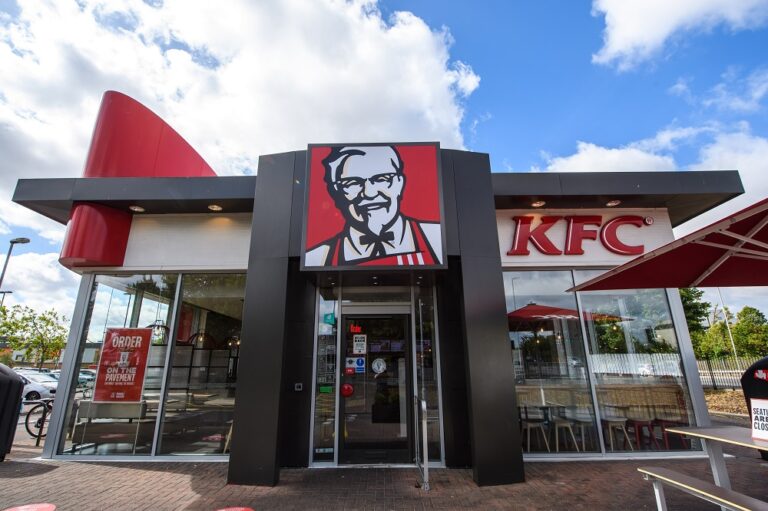Foodservice and hospitality brands say they will shun US meat unless it is produced to domestic standards.
A survey by Foodservice Footprint found some of the UK’s leading high street restaurant chains, hotel and pub groups and contract caterers have pledged not to source US meat produced to lower standards than are currently required in the UK.
However, companies including KFC, Aramark, Compass UK & Ireland and InterContinental Hotels Group (IHG) said they would consider sourcing US meat if a future trade deal requires exporters to meet UK standards of production.
The position of many other brands, including McDonald’s, Greggs, JD Wetherspoon and Starbucks is unknown. This “rings alarm bells” said campaigners who noted foodservice is a more likely route for US exports than supermarkets since there is no requirement to label the origin of meat served to customers.
The survey of 25 fast food and coffee shop chains, hotel and pub groups and contract caterers, revealed that while some businesses source 100% of their meat from UK and Irish farmers, others rely on Europe and the rest of the world for the vast majority of their chicken, pork, lamb and beef.
Nando’s, for example, sources 100% of its chicken from the UK and Ireland, whereas at KFC the figure is 53.9% – with 46.1% coming from Europe, Brazil and Thailand.
Campaigners commended those that provided information, but warned those that didn’t – which included McDonald’s and Burger King, Starbucks and Greggs – that the lack of transparency could erode consumer confidence. “It is vital that consumers can be assured that what they eat in canteens and restaurants is of a good standard,” said Vicki Hird, head of sustainable farming at Sustain. “The lack of labelling means they have to trust companies so transparency is vital.”
Simon Billing, executive director at the Eating Better alliance added: “The fiercest critics of the foodservice industry would say they like to mask behind a lack of scrutiny of meat sourcing – a race to the bottom in price not a race to the top in terms of standards. The trend on white meat sourcing [revealed in this survey] paints that picture.”
Aramark, Compass, ISS, KFC and Sodexo all source some chicken from outside the EU, from countries including Argentina, Brazil and Thailand.
The UK government is hoping to strike a trade deal with the US following Brexit. However, on a number of key environmental indicators, including antibiotic and pesticide use, US food production performs poorly in comparison with the UK.
All respondents said they would not source meat reared in the US to lower standards than here. Five said they would not buy US meat even if it were reared to equivalent production standards, while five would consider it. “This survey is hugely valuable but it is worrying to see so many companies not replying,” said Hird.
The major supermarkets have already committed not to source US meat, however experts believe foodservice is a more likely route for US exports since there is no requirement to label the origin of meat served to customers.
The position on sourcing meat from the US is unknown at 12 of the companies approached – including fast food brands McDonald’s, Greggs, Burger King and Subway, coffee shops Starbucks and Costa, pub chains Greene King and JD Wetherspoon and hotel chains Accor and Whitbread. Contract caterers Atalian Servest and Interserve also declined to comment.


